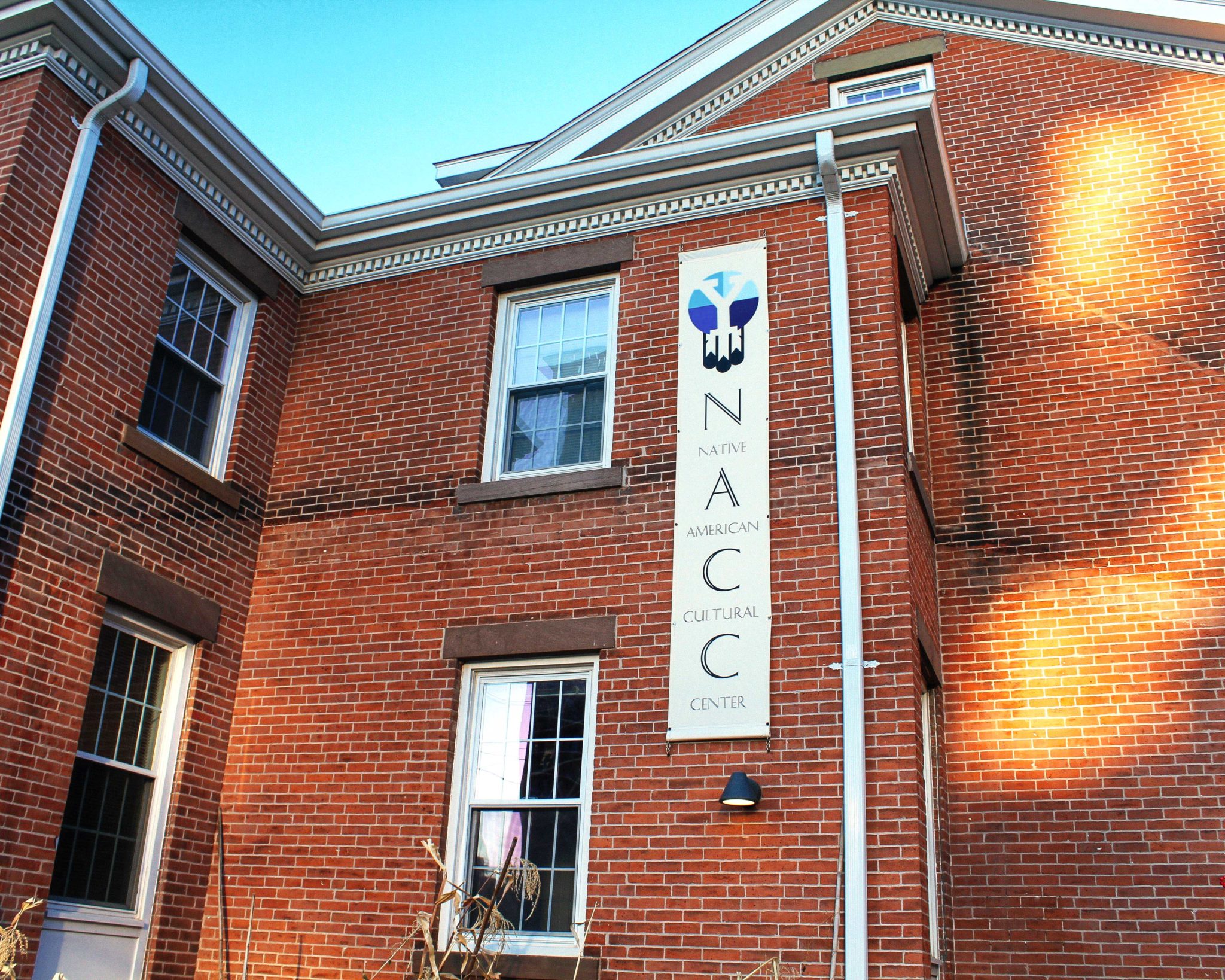
Skakel McCooey
This weekend, Yale community members and New Haven residents danced, ate, and sung in a celebration of Native American heritage to commemorate Indigenous Peoples’ Day and the 25th anniversary of the founding of the Association of Native Americans at Yale.
The Association of Native Americans at Yale, or ANAAY, hosted its seventh annual Powwow on Sunday at Cox Cage to kickstart the celebrations. And on Monday, ANAAY hosted a college tea with Andrew Curley, a professor at the University of North Carolina at Chapel Hill, who discussed his research covering the abuse of coal resources on Navajo land. The celebrations concluded with an intercultural dinner, where representatives from the Black Students Alliance at Yale, Movimiento Estudiantil Chicano de Aztlán and the Asian American Students Alliance at Yale gathered in solidarity with the Native American community.
“It’s particularly important to celebrate Indigenous Peoples’ Day at institutions like Yale, because these institutions have deep settler colonial histories and are rooted in the oppression of Indigenous peoples and other people of color through the legacies of genocides, slavery, and settler colonialism,” said Alanna Pyke ’19, president of ANAAY. Pyke noted that Indigenous Peoples’ Day exists in opposition to Columbus Day, which honors the explorer and colonialist Christopher Columbus who, she noted, initiated the mass genocide of Native Americans by Europeans. She explained that Monday’s celebration represented a form of resistance and resilience against colonial powers.
Members of the campus community have called for the University to declare Indigenous Peoples’ Day an University-recognized holiday, according to Gabriella Blatt ‘21. Peer institutions, such as Brown, have already done so.
According to faculty coordinator of the Yale Group for the Study of Native America and Professor of History and American Studies Ned Blackhawk, Indigenous Peoples’ Day at Yale has grown dramatically on campus over the past decade. This year, around 300 people attended Saturday’s annual Powwow — a celebration of Native American culture attended by dancers, drummers and artisans — a marked increase from last year’s approximate 200 attendees.
Blackhawk said Indigenous Peoples’ Day underscores the “vibrancy” of Native communities. He added that recent policies from the federal government and Supreme Court cases “have increasingly targeted the hard-won, political gains achieved by many tribes over the past generation.” On April 18, the U.S. Supreme Court heard arguments for Washington v. United States regarding native tribes’ fishing rights, an ongoing case that highlighted larger discussions about tribal communities’ rights to natural resources on the land they inhabit. Blackhawk said that important issues to the community — including health care, language preservation and economic development — receive little coverage in national media.
Luta Fast Dog ’21 said the intercultural dinner hosted by ANAAY, which called a “jovial” part of the celebrations, allowed members of different groups to stand defiant against oppression. She added that the ability for the Native American community to expand and thrive each year despite Columbus’s efforts of “extermination” should make her community proud.
“I wore my favorite pair of beaded earrings and a sweater that reads ‘Columbus was a murderer, stop romanticizing genocide,’” said Fast Dog. “It just felt really important, to me, for people to see an indigenous person reclaiming the day like that.”
ANAAY was founded by John Bathke ’93 in 1993.
Jever Mariwala | jever.mariwala@yale.edu







